Which is the correct for structure (I) and (II) in benzene?
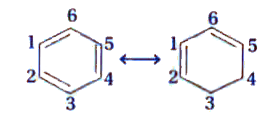
Structure (I) is completely correct
Structure (II) is completely correct
Structure (I) and (II) are hypothetical
Reality benzene does not contain (I) or (II) structure
The correct Answer is:C
Topper's Solved these Questions
- ORGANIC CHEMISTRY SOME BASIC PRINCIPLES AND TECHNIQUESBOOK - KUMAR PRAKASHANCHAPTER - ORGANIC CHEMISTRY SOME BASIC PRINCIPLES AND TECHNIQUESEXERCISE - Section -C - MCQs asked in Competitive Exams
66 Videos
- ORGANIC CHEMISTRY SOME BASIC PRINCIPLES AND TECHNIQUESBOOK - KUMAR PRAKASHANCHAPTER - ORGANIC CHEMISTRY SOME BASIC PRINCIPLES AND TECHNIQUESEXERCISE - Section -C - MCQs asked in Board Exam
98 Videos
- ORGANIC CHEMISTRY SOME BASIC PRINCIPLES AND TECHNIQUESBOOK - KUMAR PRAKASHANCHAPTER - ORGANIC CHEMISTRY SOME BASIC PRINCIPLES AND TECHNIQUESEXERCISE - Section -C (MCQs From Testual Exercise)
10 Videos
- HYDROGENBOOK - KUMAR PRAKASHANCHAPTER - HYDROGENEXERCISE - Section-D NCERT Exemplar (Long Answer)
8 Videos
- QUESTION ASKED IN JEE -2018BOOK - KUMAR PRAKASHANCHAPTER - QUESTION ASKED IN JEE -2018EXERCISE - MCQ
10 Videos
Similar Questions
Knowledge Check
The structure I nad II are
 AConformational diasteromersBConfigurational enantiomersCConfigurational diasteremersDIdentical
AConformational diasteromersBConfigurational enantiomersCConfigurational diasteremersDIdenticalThe two structures I and IIrepresent:
 AConformational isomersBStereoisomersCConstitutional isomersDIdentical
AConformational isomersBStereoisomersCConstitutional isomersDIdenticalThe structure of (1-methylbutyl) benzene is
A(1)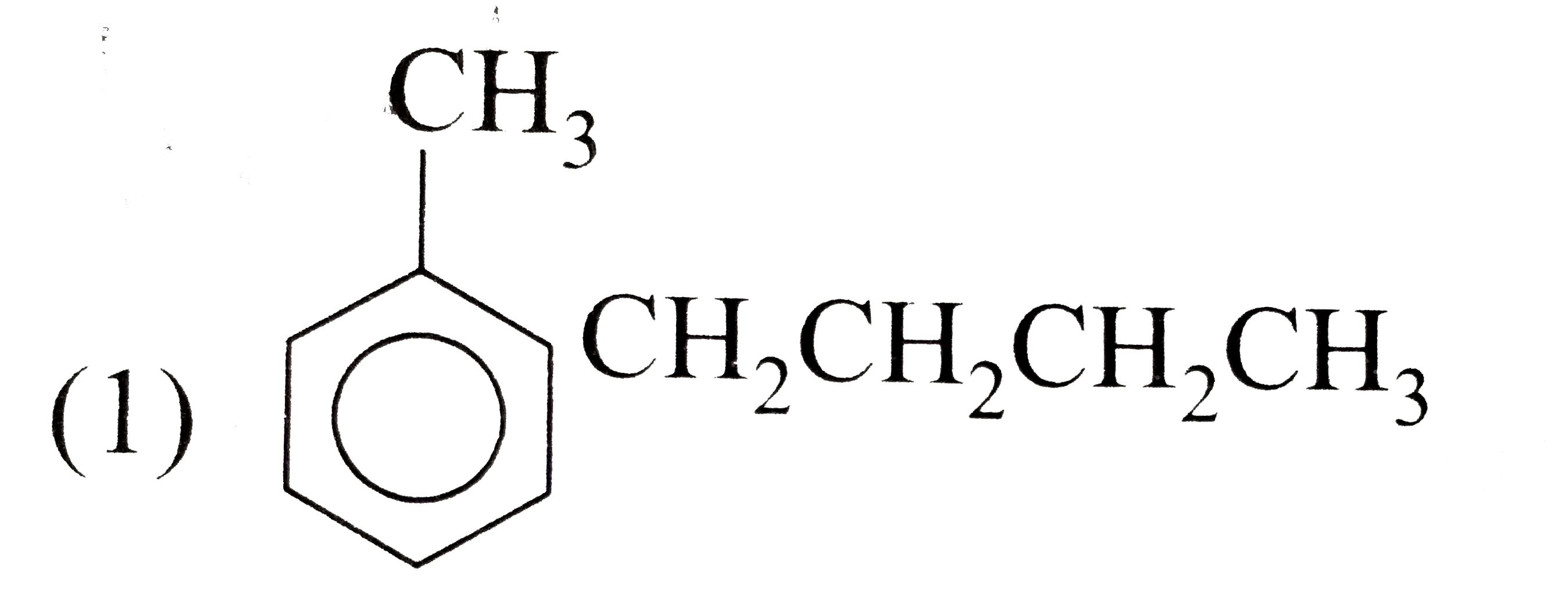 B(2)
B(2)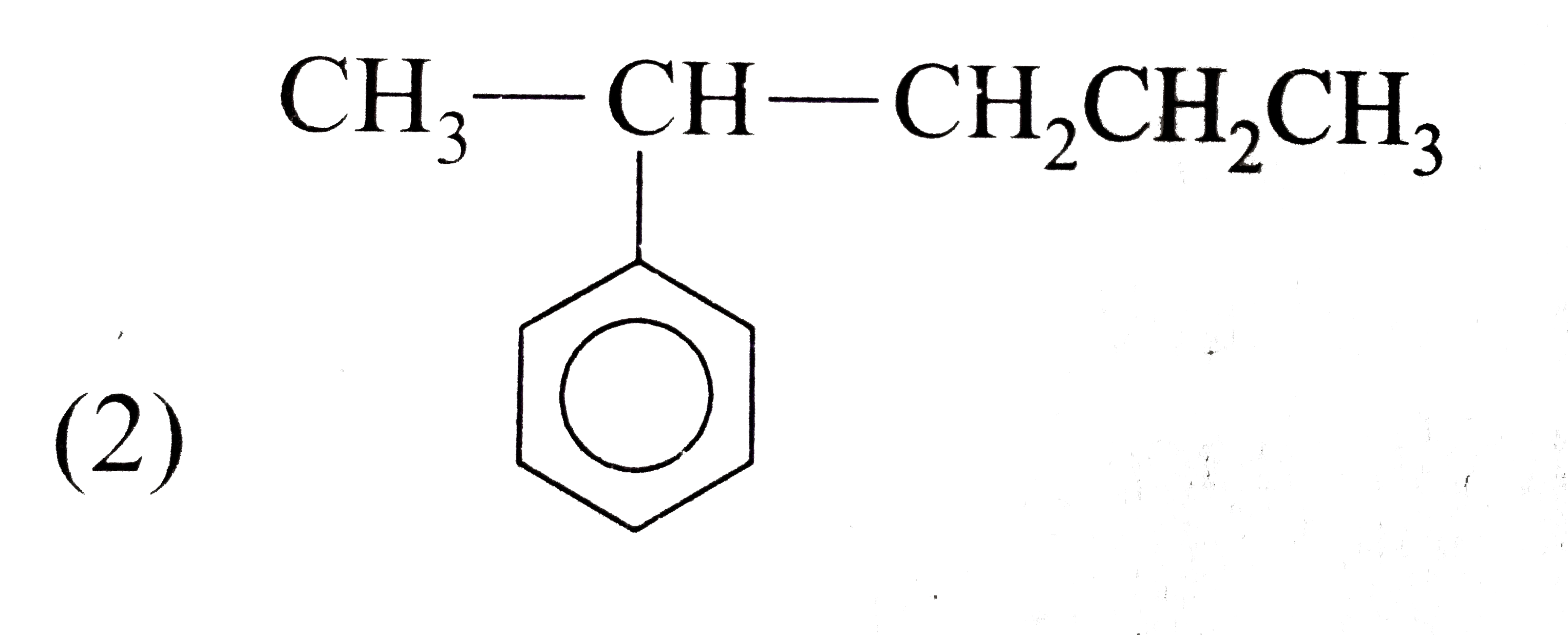 C(3)
C(3)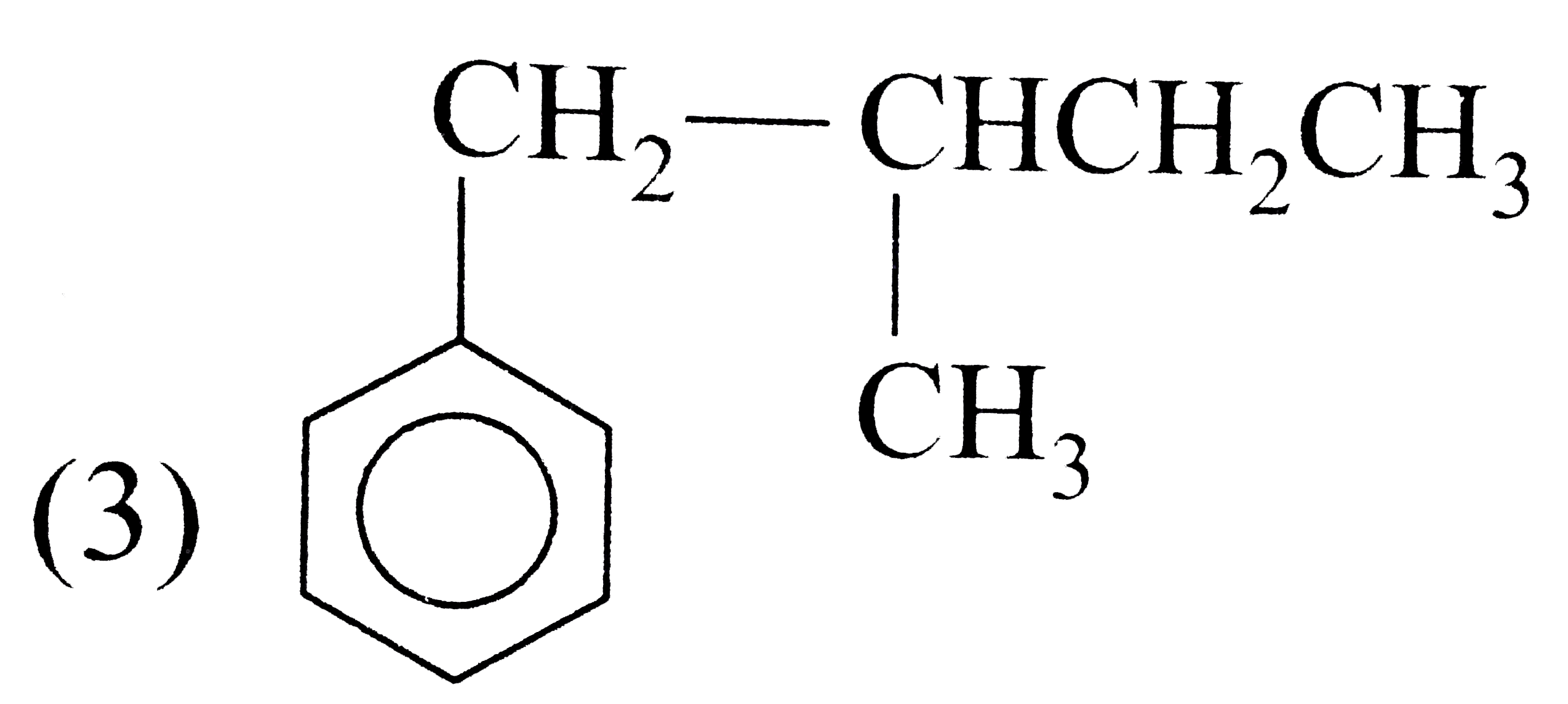 D(4)
D(4)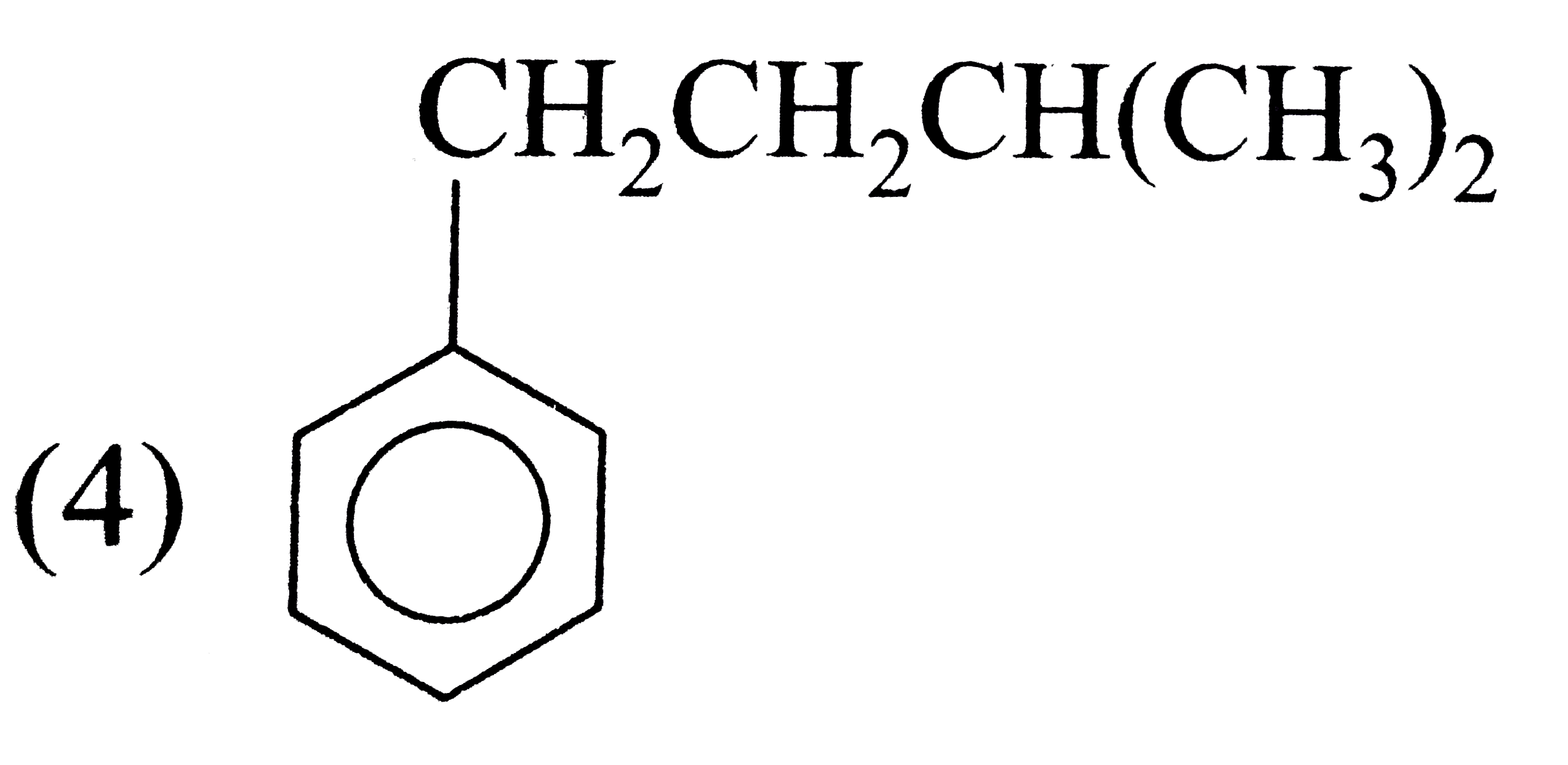
Discuss the orbital structure of benzene.
View SolutionThe structures to two compound (I) and (II) are given below. Which statement is correct ?
F2C=C=CF2(I) and F2C=C=C=CF2(II)
View SolutionThe correct order of decresing reactivity of anisole (I), benzene (II) and nitrobenzene (III) towards aromatic substitution with a given electrophile is
View SolutionThe correct order of reactivity towards the electrophilic substitution of the compounds anisole (I), benzene (II) and nitrobenzene (III) is :-
View SolutionThe structures to two compound (I) and (II) are given below. Which statement is correct ?
F2C=C=CF2(I) and F2C=C=C=CF2(II)
View Solution
